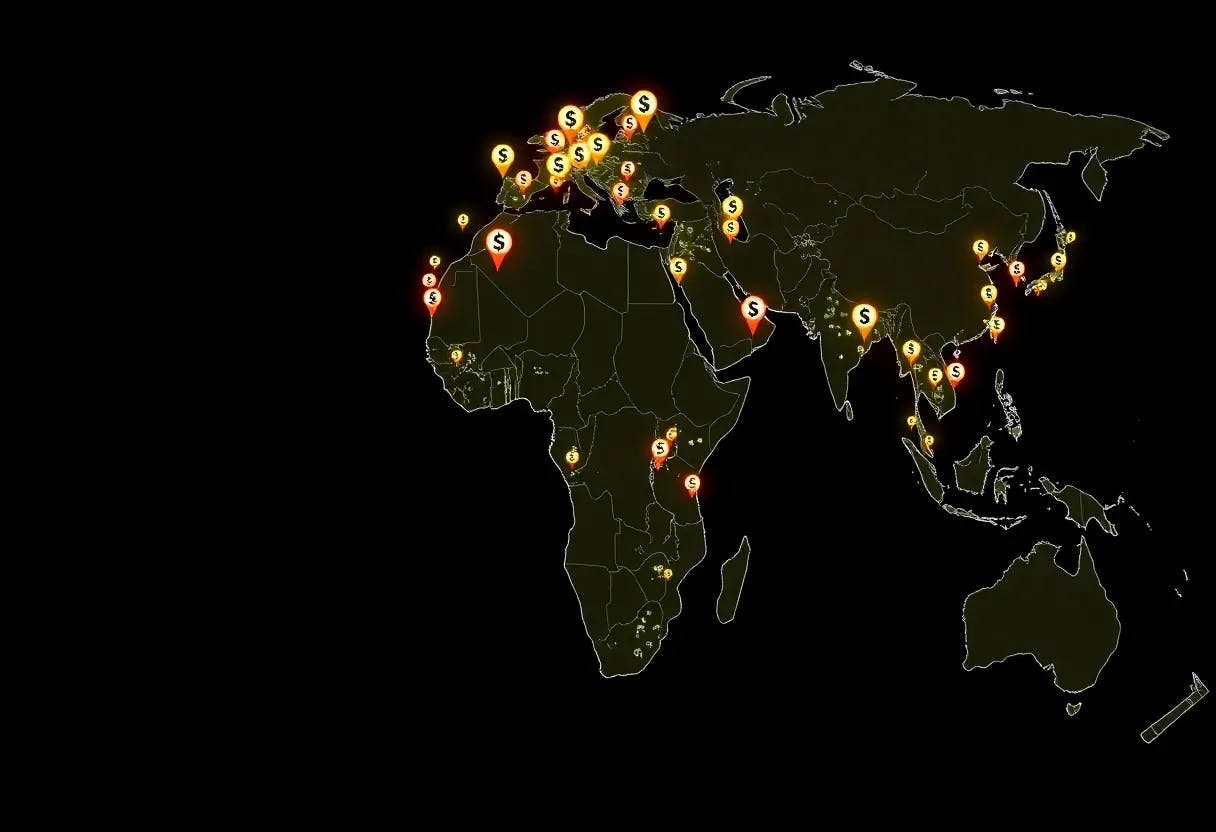Author:
Table Of Links
ABSTRACT
The African continent has witnessed a notable surge in entrepreneurial activity, with the number of startups and investments made in the ecosystem growing significantly in recent years. Against this backdrop, this paper presents an in-depth analysis of the critical key factors influencing funding amounts in African startup deals. A comprehensive analysis of 2,521 startup investment deals, spanning from January 2019 to March 2023, was conducted using a combination of statistical and several machine learning techniques.
The results of this study highlight a significant gender diversity gap, the importance of professional experience, and the impact of founders' academic backgrounds. The study reveals that human capital, a diversified sector approach, and cross-border collaboration strategies are crucial for a robust startup ecosystem. Additionally, we identified the potential positive impact of ‘Y combinators’ for African startups, the implications of exit strategies on deal amounts, and the heterogeneity as well as the incongruity of investment rounds across the continent.
In light of these findings, we propose an assortment of policy recommendations aimed at fostering a propitious milieu for African entrepreneurial ventures, promoting equitable investment distribution, and enhancing cross-border collaboration. By providing a rigorous empirical analysis, this study not only contributes to the existing body of literature but also lays the foundation for future research aimed at promoting investment and catalyzing socio-economic development throughout the African continent.
INTRODUCTION
Over the past decade, several regions in Africa have experienced a surge in technology startups, fueled by a young and dynamic population, increasing internet penetration, and widespread mobile adoption [1], creating vibrant and rapidly evolving ecosystems across the continent. Countries such as Nigeria, Kenya, South Africa, and Egypt became hotspots for innovation and entrepreneurship [2], with startups emerging in sectors including fintech, agriculture, health, and renewable energy.
Despite these advancements and the positive growth of both the number of startups and the investment within the continent [2], many African startups grapple with the challenge of securing adequate funding to scale their businesses and achieve their full potential [3]. Funding is a critical aspect of startup success, particularly in the early stages, as it accelerates product development and market entry [4].
This paper seeks to address the research question: What are the key factors influencing the amount of funding raised in startup deals across Africa, and how can these factors inform policy recommendations to optimize investment opportunities for African startups? Investigating this question is vital, as addressing the funding gap could unlock the potential of African startups, enabling them to contribute significantly to solving pressing challenges such as poverty, unemployment, and access to essential services.
By examining the factors that influence funding through qualitative research based on historical data, this study aims to inform governments, development agencies, and private investors in their efforts to develop targeted interventions and create a more enabling environment for entrepreneurship and innovation. This, in turn, could catalyze sustainable economic development across the continent.
In summary, this research paper presents a comprehensive analysis of the factors affecting funding raised by startups in Africa. Through understanding these factors and their implications, the study contributes to the ongoing discourse on fostering a supportive ecosystem for African startups and promoting sustainable economic development across the continent.
This paper is


